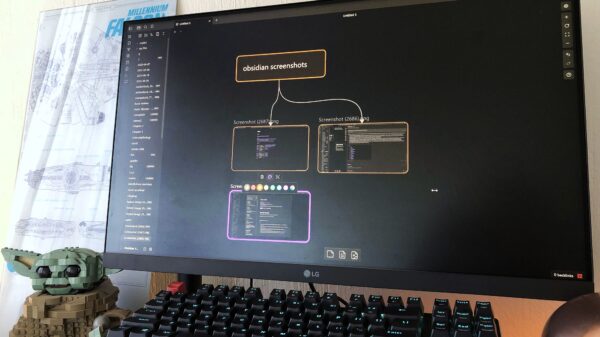A significant advancement in neural technology has occurred as the U.S. Food and Drug Administration (FDA) has approved a human trial for a brain-computer interface (BCI) designed to restore speech in individuals with paralysis. Austin-based startup Paradromics has received Investigational Device Exemption (IDE) status for its Connect-One Early Feasibility Study utilizing the Connexus BCI. This marks a milestone as it is the first time a company has received IDE approval specifically for speech restoration with a fully implantable BCI.
The trial aims to investigate the safety and efficacy of the Connexus BCI, which seeks to enable paralyzed patients to communicate through text or synthesized speech. According to the company, the device is engineered for long-term medical use and is the first high-data-rate BCI designed for optimal performance. The Connexus BCI is constructed from medical-implant-grade metals, featuring a titanium-alloy body and over 400 platinum-iridium electrodes that will be positioned adjacent to neurons to capture extensive brain signals. Each electrode measures less than 40 microns, which is thinner than a human hair.
Trial Details and Technological Innovations
In the initial phase of the trial, two participants will undergo surgery to have the BCI and its components—cortical module, internal transceiver, and extension lead—implanted beneath the skin. The electrodes will extend just below the surface of the brain to gather signals from individual neurons in the motor cortex. These signals will be transmitted through a thin subcutaneous cable to an implanted transceiver in the chest, which wirelessly relays data via a secure optical link to an external transceiver worn by the patient. This external unit powers the system using inductive charging, similar to how smartphones are charged wirelessly.
The collected data is processed by a small computer equipped with advanced language models and artificial intelligence. This system analyzes the brain data to interpret the patient’s intended speech or actions, converting them into text displayed on a screen or synthesized speech. Matt Angle, CEO of Paradromics, expressed enthusiasm for initiating the trial, stating, “We’re very excited about bringing this new hardware into a trial.”
The trial is unique as it will be the first BCI study focused on synthetic-voice generation, where the information will be transformed into audio in real-time based on previous recordings of the participants’ voices. Each volunteer will have one electrode array implanted in the motor cortex, which governs the movements of the lips, tongue, and larynx. Participants will be instructed to imagine speaking sentences presented to them, with the neural activity relayed to the external computer for analysis.
There is also potential for the BCI to detect signals from imagined hand movements, paving the way for users to operate a computer cursor. Should the initial stage yield positive results, the study is expected to expand to a group of ten participants, with some receiving two implants to enhance signal-capturing capabilities.
Expert Opinions and Future Implications
This research is seen as a crucial step in advancing the field of brain-computer interfaces. Mariska Vansteensel, a BCI researcher at the University Medical Center Utrecht in the Netherlands, commented, “It’s an exciting step. For the field to move forward towards clinical applications, a fully implantable system is the only way to go.”
As Paradromics embarks on this groundbreaking trial, the implications for individuals with speech impairments due to paralysis could be transformative. The ability to restore communication through advanced neural technology not only represents a leap forward in medical science but also a profound shift in the quality of life for many patients. The outcomes of this trial could set a precedent for future developments in the neural-device industry.




































































